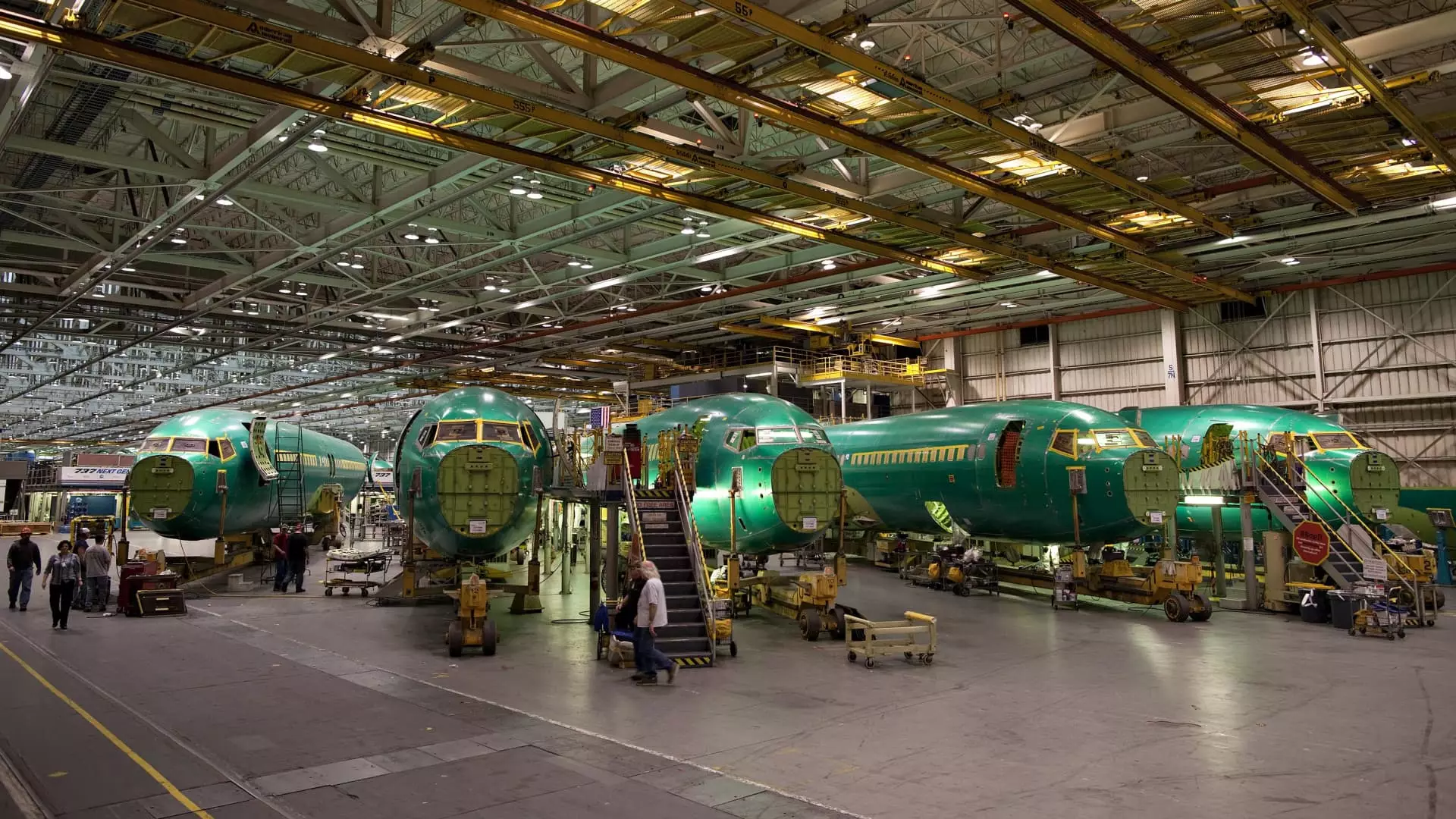Boeing recently announced its plans to acquire fuselage maker Spirit AeroSystems in an all-stock deal. The agreement, valued at $8.3 billion, is expected to enhance safety and quality control within the aerospace company. This move comes after a series of incidents, including a fuselage panel blowout on a Boeing 737 Max 9 flight, which resulted in a crisis for Boeing.
The acquisition of Spirit AeroSystems by Boeing is seen as a strategic decision to align the production systems and workforces of both companies. Boeing’s CEO, Dave Calhoun, emphasized the importance of this acquisition in strengthening quality and ensuring that Boeing meets the required standards. The deal is expected to close in mid-2025, subject to regulatory approval and agreement from Spirit shareholders.
In response to the acquisition, Airbus has reached an agreement with Spirit to compensate $559 million in exchange for acquiring manufacturing lines dedicated to Airbus planes. This includes operations in Belfast, Northern Ireland, Wichita, and North Carolina. This move signifies a shift in the aerospace industry landscape as major players make strategic decisions to enhance their capabilities.
Boeing has faced criticism for production problems related to its planes, including misdrilled holes and misconnected fuselage panels. The National Transportation Safety Board’s preliminary report highlighted issues with the bolts that secure the door plug on the Boeing 737 Max 9. These incidents have raised concerns about Boeing’s safety record and the need for quality improvements.
The acquisition of Spirit AeroSystems is expected to have a significant financial impact on Boeing and Spirit, as both companies navigate through the challenges caused by the recent crises. Boeing’s CFO reported a cash burn of approximately $8 billion in the first half of 2024, signaling the financial strain on the company. The market response to Boeing’s shares has been negative, with a decline of over 30% in the current year.
The Federal Aviation Administration has imposed restrictions on Boeing’s production expansion until it is satisfied with the company’s production processes. Boeing has implemented measures to improve quality control, such as accepting only defect-free fuselages to reduce the likelihood of errors during production. These steps are crucial in rebuilding trust and ensuring the safety of Boeing’s planes.
Boeing’s acquisition of Spirit AeroSystems reflects a strategic shift in the aerospace industry towards enhancing safety and quality control. The deal presents opportunities for both companies to strengthen their production capabilities and address the challenges arising from recent incidents. As Boeing and Spirit navigate through the financial repercussions and regulatory scrutiny, their focus on quality improvements will be essential in regaining the trust of customers and stakeholders.

